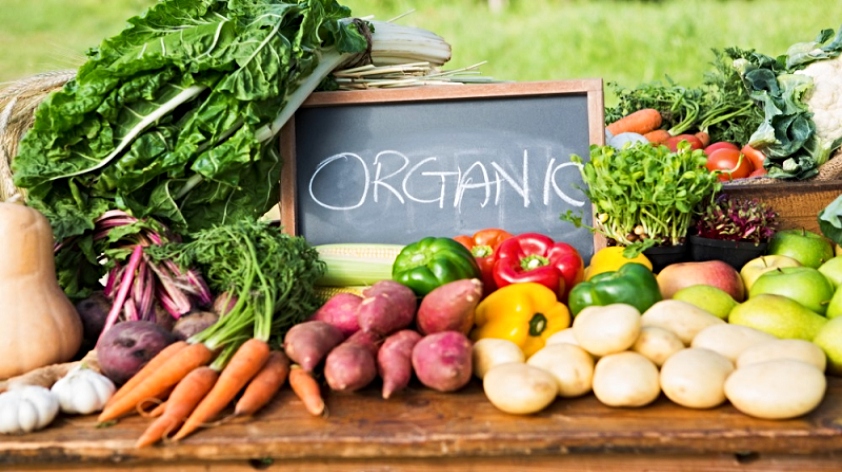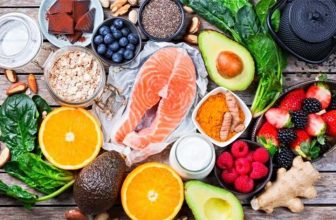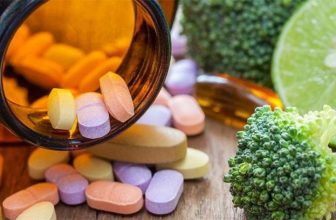
The term ‘organic’ has seen another mini resurgence of late as the term is getting thrown around a bit more these days. But, what is organic food exactly? Organic defines how the ingredients of a product are created, prepared or raised. Organic food is produced by methods that comply with the standards of organic farming; standards vary worldwide but in general they feature practices that promote ecological balance and conserve biodiversity, in reference to the variety of life on earth. This by done by ensuring that no antibiotics, genetically modified ingredients, radiation exposure, industrial solvents or chemical additives are used in meat production. With all that said, at the end of the day, should you consume it? Read on for, Is It Worth Eating Organic Food?
The Dirty Dozen
Pesticides are chemicals used in agriculture to protect crops against insects, fungi, weeds and other pests. The ‘dirty dozen and clean fifteen’ is a list of food items by pesticide level. The 2018 list shows strawberries, spinach, nectarines and apples as some of the foods exhibiting the highest pesticide levels. The amount of pesticides that remain in or on food is called pesticide residue. Research from 2012 shows that detectable pesticide residues were found in 7% of organic produce samples and 38% of conventional produce samples. Pesticides are potentially toxic to humans that may induce adverse health effects including cancer, effects on reproduction, and on the immune or nervous system.
Health
Despite the claims above there isn’t sufficient evidence in the scientific and medical literature to support claims that organic food is either safer or healthier to eat. While there may be some differences in the nutrient content of organically and conventionally produced food, the variable nature of food production, shipping, storage and handling makes it difficult to generalise results at this time.
Taste
Many people would argue that organic produce tastes better, however, there isn’t solid evidence that organic food categorically tastes better than its non-organic counterpart. There is evidence that some organic fruit is drier than conventionally grown fruit; a slightly drier fruit may also have a more intense flavour.
Nutrition
Although the label on an organic product may look inviting and suggest a product is healthy, it really only refers to the way it was produced, ie. an organic cake is still unhealthy for example. Some of the claims around organic food and nutrition are that:
- Organic milk and meat contain around 50% more omega-3 fatty acids than non-organic
- Organic meat had slightly lower concentrations of two saturated fats
- Organic milk and dairy contain slightly higher concentrations of iron, Vitamin E and some carotenoids
- Organically produced crops (cereals, fruit and vegetables) contain up to 68% more antioxidants than non-organic
- Organic fruit and veg contain lower concentrations of pesticides and the toxic heavy metal, cadmium
When evaluating environmental toxins such as heavy metals the USDA (United States Department of Agriculture) has noted that organically raised chicken may have lower arsenic levels.
Environmental Impact
The use of conventional farming methods where unnatural pesticides and fertilizers are used, may affect locals’ ecosystems, biodiversity and drinking water supplies suggesting that organic farming benefits the environment. Organic food uses ‘natural pesticides’.
Cost
Due to the nature of the production, organic produce has higher labour costs and therefore higher consumer prices.









